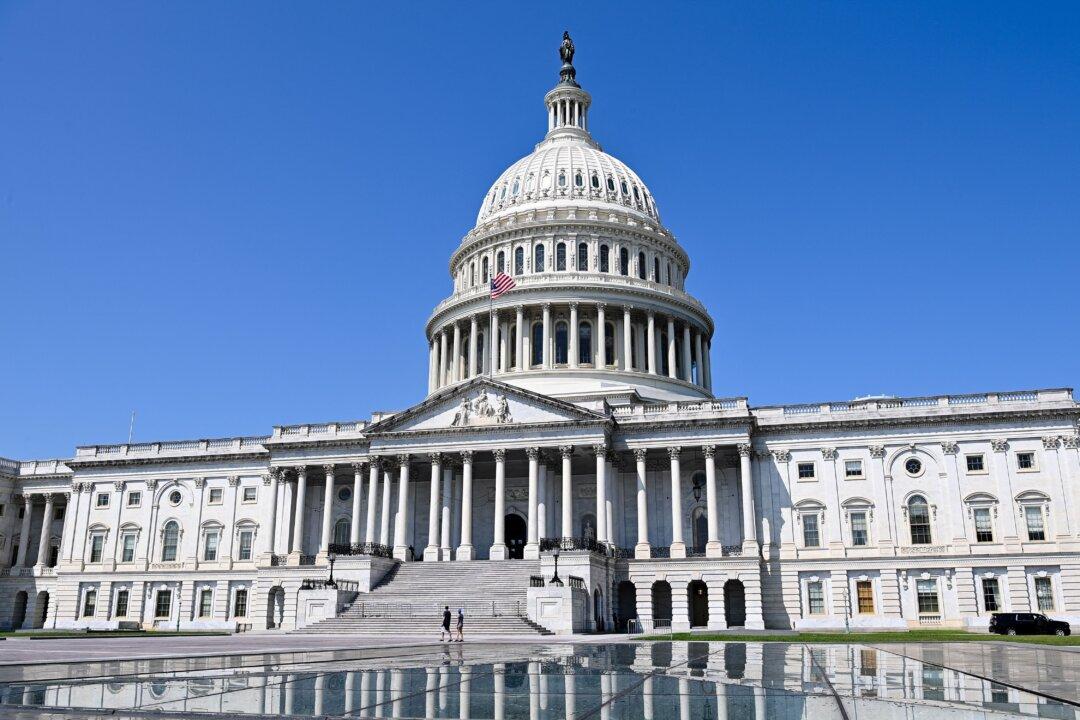Commentary
It matters how societies shape themselves. Despite this, few individuals debate or continuously review—let alone attempt to change—the form of governance under which they have been born.

It matters how societies shape themselves. Despite this, few individuals debate or continuously review—let alone attempt to change—the form of governance under which they have been born.